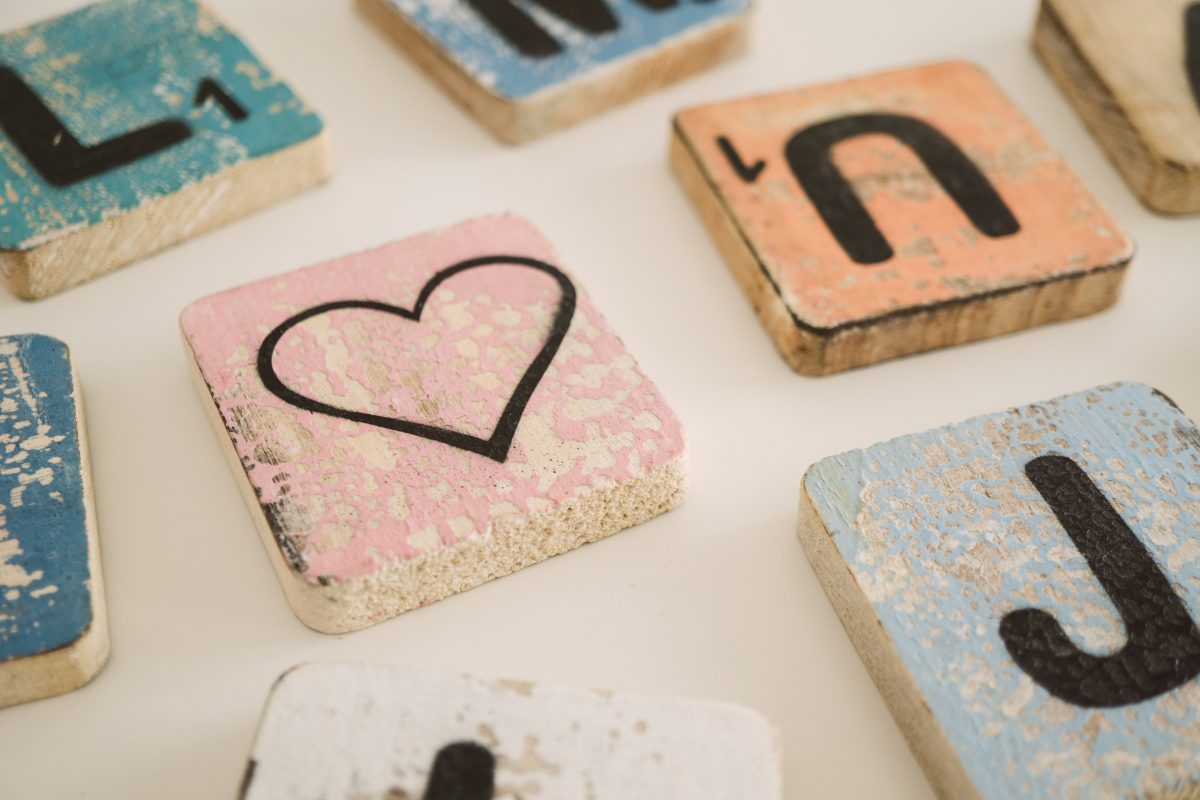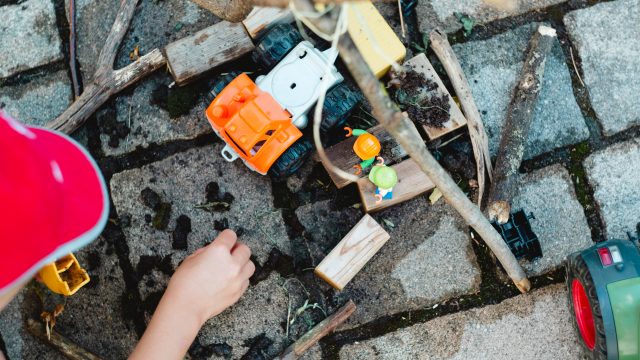I had dinner with a friend the other night in this delectable Argentinian restaurant in downtown Denver and she tells me she is writing a book about YOU. She explains that it must be about YOU, because that word needs to be redefined since most people don’t understand it. As I sit listening to her enthusiasm, I feel both excited and scared — excited about her book and scared about the beet salad that was on it’s way. As she talks about helping people learn to find acceptance, I’m reminded of this recent article: The Two Phrases You Should Stop Using To Become More Successful. The article talks about how words like “must” or “should” or “but” hinder us from seeking acceptance, and thus keep us from finding success. I think about the other day how my eleven-year-old son ran in and told me that he “had no choice but to eat gross bread off the floor that would make him sick,” since his younger brother spilled the bread on the floor. He says things like this frequently: “I had to stay home from school,” or “I needed to push your bike over because it was in my way.” I am reminded of my mother who would sometimes say, “it’s not a choice! You should have finished your chores by now.” And then I hear myself thinking, “I can’t tell my friend I feel scared, she won’t understand that I really don’t really like beets!” But. Can’t. Had to. Should. Must. These words imply that we don’t have choices. However, I remember from learning about Existentialism in the AP English class that I HAD TO take that I know we do have choices and free will. Even if I turn into a cockroach, I get to choose what to think and how I want to be. As for some more modern references, I CHOSE to read, I enjoyed both Eckhart Tolle’s “The Power of Now” and Byron Katie’s “The Work.” I think my favorite, though, is “Time-out for Parents,” which is specifically about how to be yourself, even as you’re trying to be the perfect parent. Another book I love to think about in relation to this topic is “Ishmael,” which really delves into the question of why do we humans have such trouble remembering that we have choices? Why do we buy into the stories of “should?” Why don’t we want to accept what is right in front of us? Maybe it’s because we all grow up living within this story of society – the story that this is the way the world “should” work. Some of the books call these stories, some call them voices, others just thoughts. Regardless of the language, though, many people are clearly trying to get at the same thing. Living in the stories/voices/shoulds is causing us suffering! We are constantly comparing ourselves to imaginary standards, berating ourselves for supposed mistakes, and denying we have choices because they are hard to accept. But what if we could remember that we have choices? Rather than saying when dropping my children off at school, “I’m sorry I have to leave you, I have to go to work,” what if I say, “I am choosing to drop you off here because I have put a lot of effort into CHOOSING a place I trust to care for you well. I will miss you while I’m at work AND I’m CHOOSING to go so we’ll have money for food, our house and other nice things, as well as offering myself intellectual stimulation with other adults so I can feel more present with you later.” What if I could say to my friend, “I really dislike beets,” and just accept that she might be disappointed? I work with a student who loves to yell, “We have choices!!” and I frequently want to join her and shout that from the rooftops. WE HAVE CHOICES!!
We have choices!






